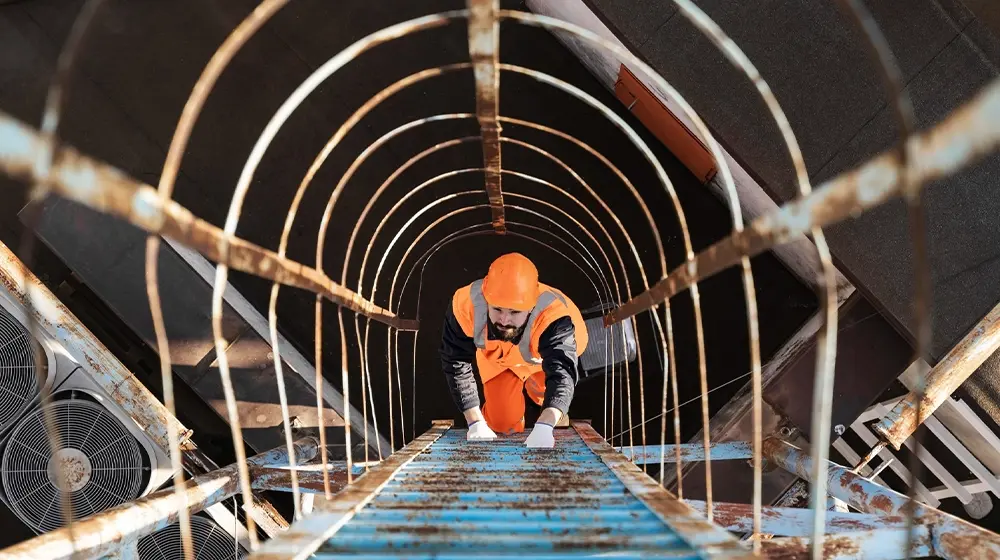Home
>
Products
>
Tunneling

Tunneling is one of the most demanding engineering fields, involving complex machinery, confined environments, and continuous operation under harsh conditions. Whether it’s metro rail construction, underground mining, sewer systems, or hydroelectric tunnels, factory automation is crucial for ensuring precision, safety, and operational efficiency in tunneling projects. Automation in tunneling supports not just the Tunnel Boring Machines (TBMs), but also the ventilation systems, conveyor belts, dewatering pumps, and electrical substations within the tunnel environment. Core automation components used in tunneling include PLCs (Programmable Logic Controllers), HMI (Human Machine Interfaces), VFDs (Variable Frequency Drives), safety relays, encoders, pressure sensors, and motor control centers. These help manage the control of TBMs, regulate conveyor speed, automate lighting systems, and ensure proper ventilation airflow. Trusted brands such as Siemens, ABB, Allen Bradley, Schneider Electric, and Pepperl+Fuchs are commonly used in tunneling automation for their ruggedness, reliability, and global support. For TBMs, servo drives and load sensors control cutterhead torque, thrust forces, and screw conveyor operation. SCADA systems offer centralized monitoring of the entire tunneling operation—allowing real-time visibility into electrical load, equipment performance, fault detection, and environmental conditions. Gas sensors, smoke detectors, and emergency shutdown modules ensure safety in case of hazardous gas leaks or electrical faults. VFDs play a vital role in tunnel construction by adjusting the speed of ventilation fans, dewatering pumps, and slurry separation units, optimizing energy usage and adapting to dynamic underground conditions. Automated control systems also manage lighting circuits and emergency egress paths, especially during tunneling at extended depths or in urban infrastructure projects. In addition to operational control, automation in tunneling enables predictive maintenance using IIoT-enabled vibration monitors, thermal sensors, and diagnostic alerts. These tools reduce downtime by identifying potential failures before they impact progress—critical in projects running 24/7 under tight deadlines. Automation in the tunneling industry is not just about mechanization—it’s about safety, precision, and continuous control under pressure. As projects go deeper and longer underground, reliable automation systems ensure that every meter tunneled is secure, monitored, and efficient. From small urban underpasses to massive cross-country tunnels, factory automation is the invisible force that keeps tunneling projects moving forward.